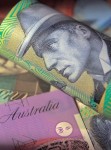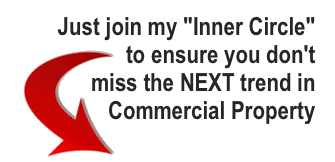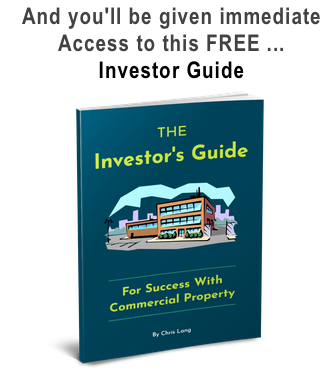It might surprise you to hear this, however …
h3. A Strong US Recovery
… would probably be the worst thing to happen for Australia in 2010.
If that occurs, the US Federal Reserve would be forced to quickly raise interest rates, from zero to around 3%. And that would cause the collapse in the Australian dollar from its current level of around US90c.
Up until now, Australia has been shielded from inflationary pressures, with a high dollar holding down the cost of imports.
 But this currency shield (behind which we’re now standing) will start to evaporate, as soon as the rest of the Western world’s economies enter their recovery phase in earnest.
But this currency shield (behind which we’re now standing) will start to evaporate, as soon as the rest of the Western world’s economies enter their recovery phase in earnest.
During the last half of 2009, our wage growth pressures have been building — only kept in check by the spectre of re-emerging global turmoil.
And with the resources sector starting to regain its earlier momentum, this will create further pressure for the RBA to continue raising rates in Australia.
Historically, somewhere between 5% to 6% for the RBA is cash rate has been regarded as “neutral” monetary policy.
With normal bank margins, this would equate to home mortgage rates of between 6.75% and 7.25%; and 9% to 10% for small business overdrafts.
 [/caption]However, following the financial crisis, banks have increased their margins by around 1.25% for homeowners; and by almost 2.5% for small business loan.
[/caption]However, following the financial crisis, banks have increased their margins by around 1.25% for homeowners; and by almost 2.5% for small business loan.
Therefore, the RBA’s traditional “neutral” range will now reflect rates of 8% to 9% for home loans; and 11.25% to 12.25% for small business overdrafts.
As such the RBA may be forced to reduce its “neutral” range to between 4% and 5%.
h3. What will this mean for Property?
None of this is meant to alarm you — simply to alert you, so that you can watch for the emerging signs.
As you would expect, a strong US recovery will benefit China; and therefore, boost Australia’s exports.
However, with rising rates, Residential and Retail properties will be first affected — due to the immediate hip-pocket effects felt by those who occupy and frequent them.
Industrial property would start to be affected about six months later. But the Office sector should remain strong, right through to around 2017.
What will be interesting though is to see how the electorate views rising rates (and Kevin Rudd’s economic management and skills) in the run-up to the election later this year












Speak Your Mind